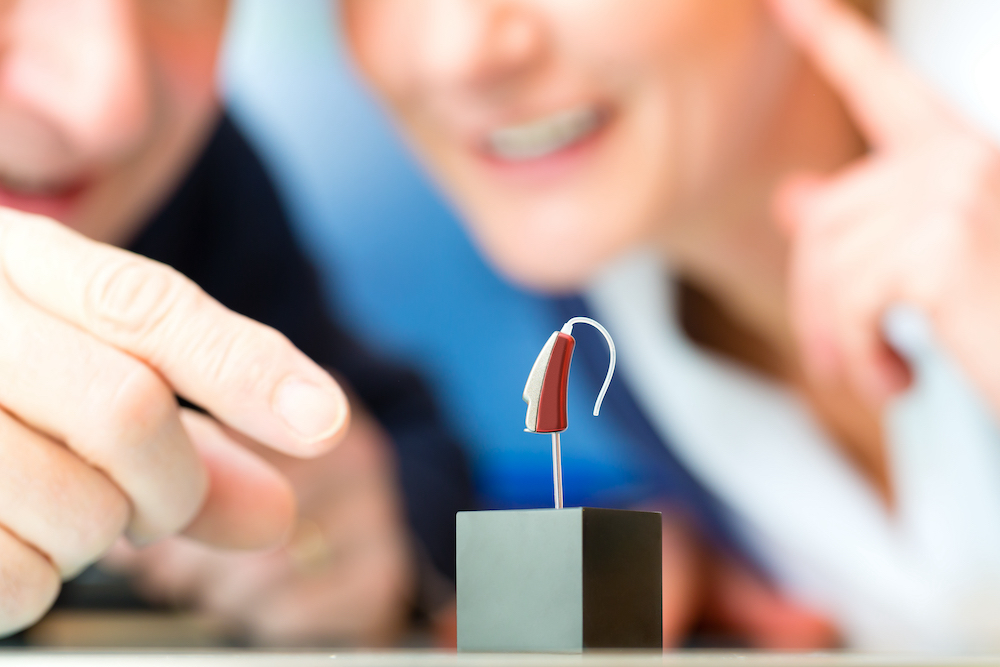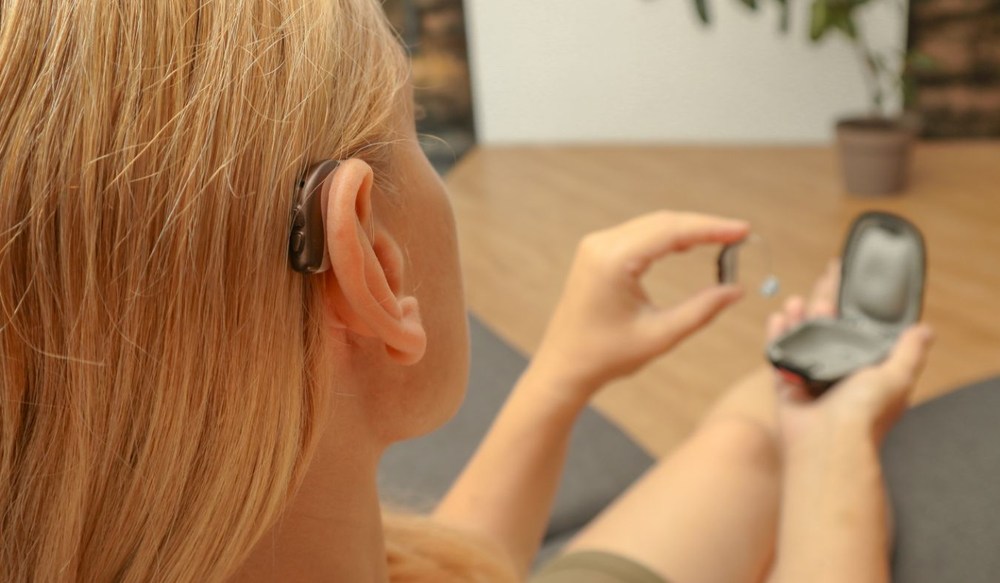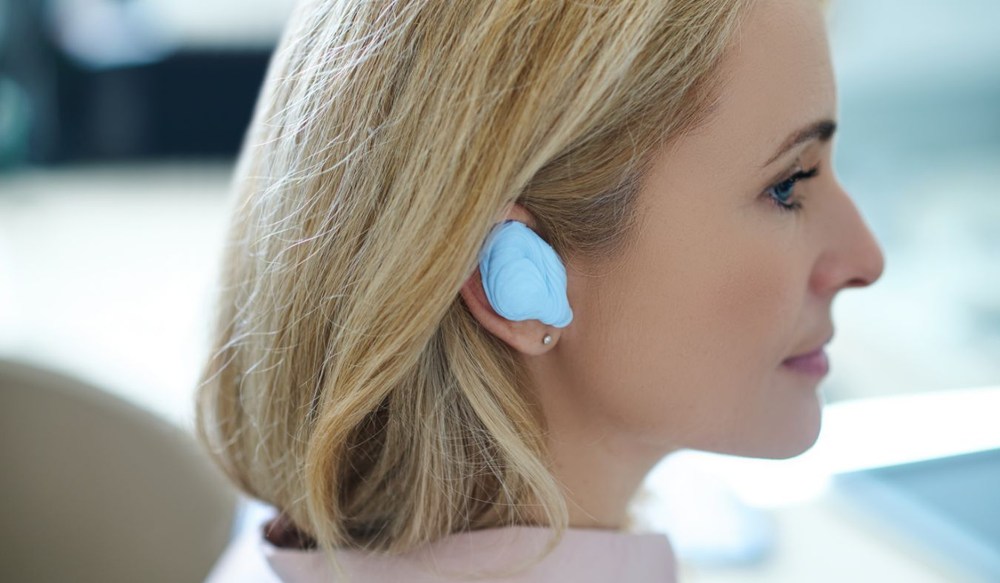Can Hearing Loss Be Reversed? When It’s Possible and When It’s Not
When hearing begins to change, it’s natural to wonder whether it can get


When hearing begins to change, it’s natural to wonder whether it can get

Autumn weather brings a combination of conditions that can affect your

Warm weather brings out activities that can put your hearing at risk in